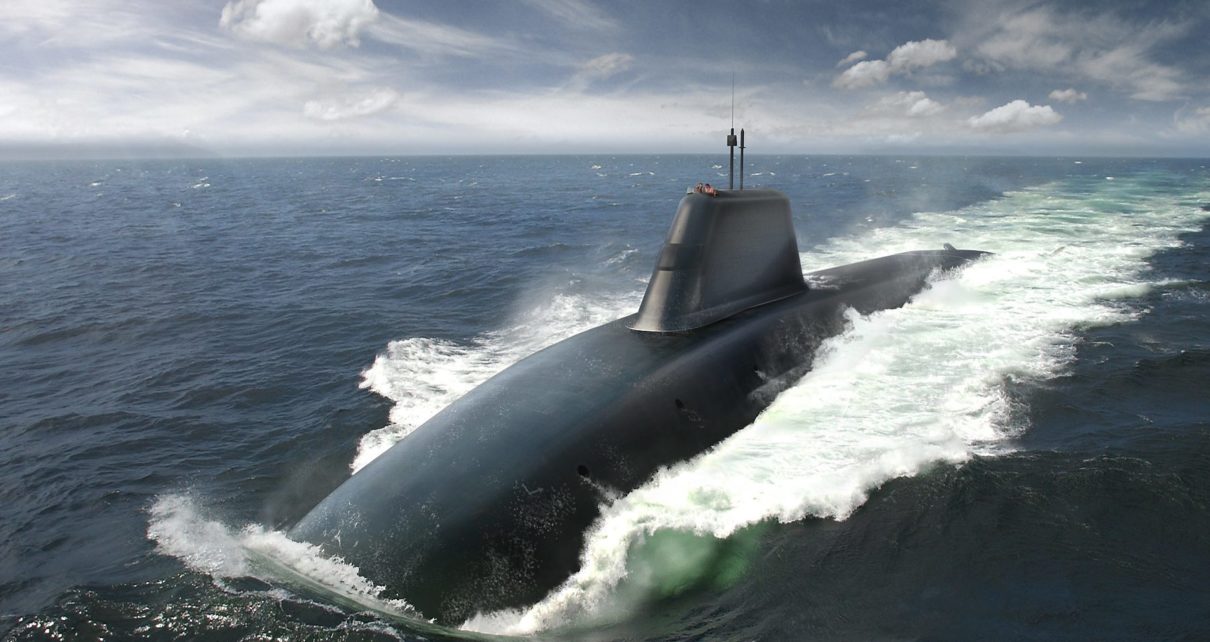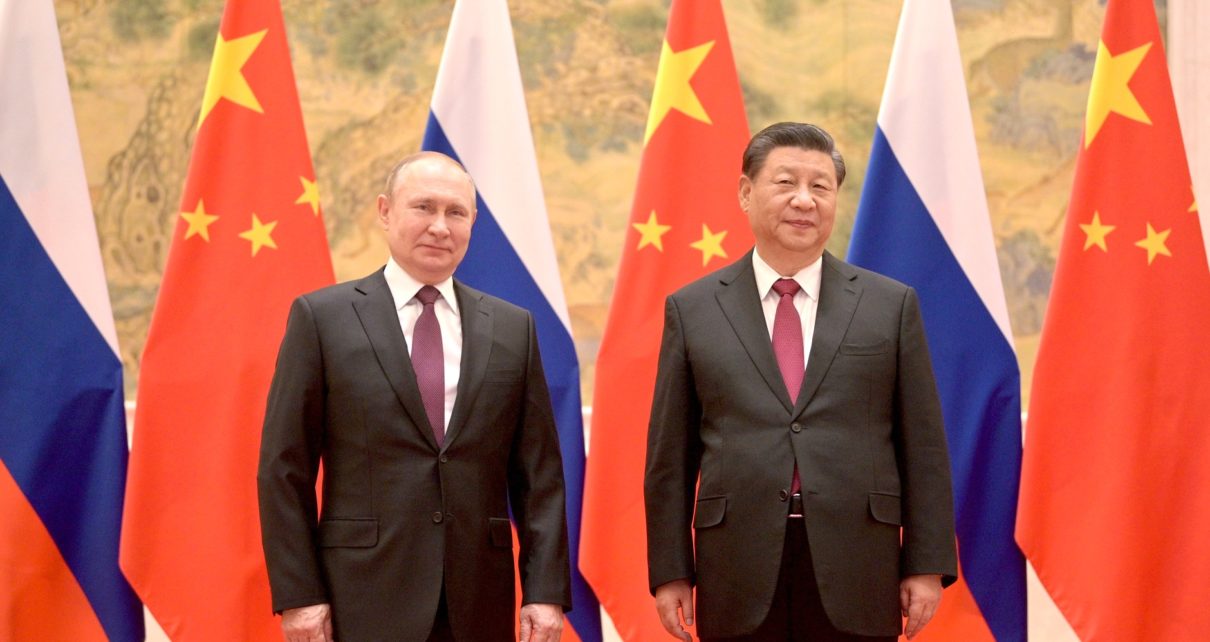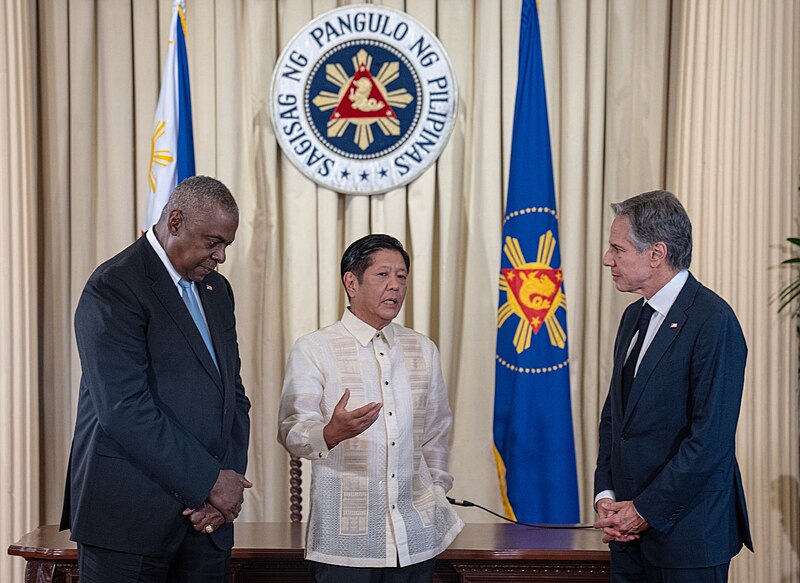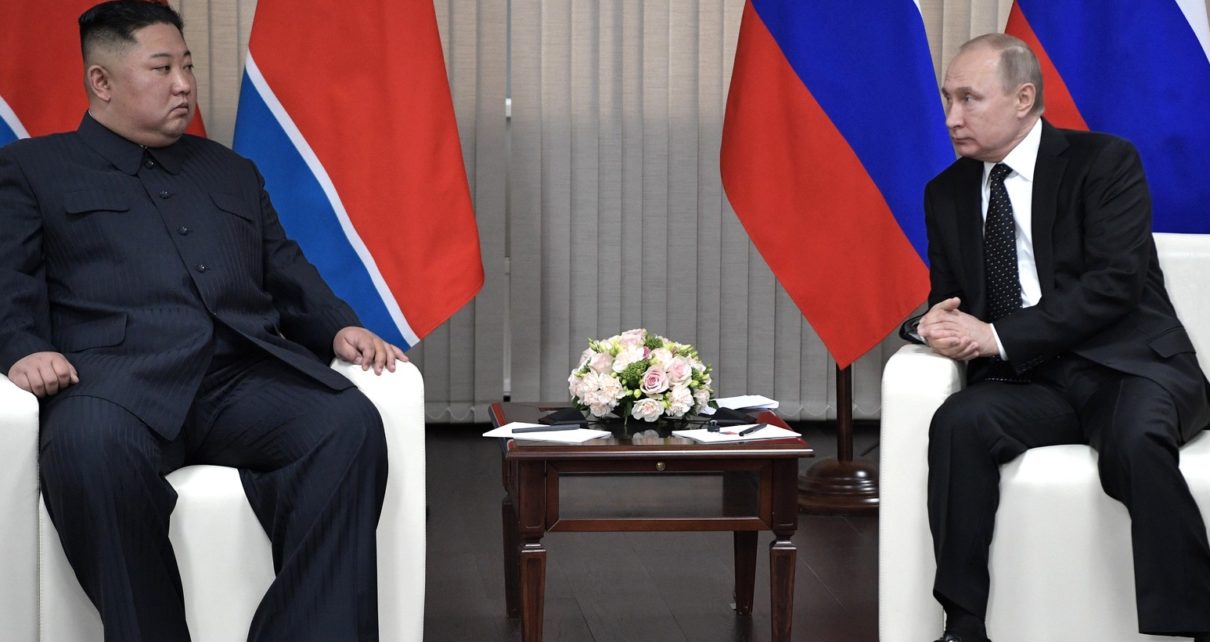On Sunday, January 19th, TikTok, the app that has captivated millions, was expected to shut down its operations in the U.S. This follows a sweeping federal ban sparked by a new law demanding that ByteDance, the Chinese company behind TikTok, divest from the app. Canada, too, is stepping up its scrutiny, forcing TikTok to close Read More…
Tag: China
Special Report: The MAS Gap, Canada Falls Behind as Allies Adopt Maritime Autonomous Systems
This is Part One of a two part series on maritime autonomous systems. Introduction As the geopolitical landscape becomes increasingly complex, with rising global competition and evolving security threats, Canada must take decisive steps to enhance its maritime capabilities by adopting Maritime Autonomous Systems (MAS). While our allies, including the United States, France, and NATO Read More…
Special Report: Under the Ice and Into the Future, Strengthening Canada’s Submarine Capabilities
Canada faces an urgent need to modernize its submarine fleet, particularly with under-ice capabilities, to maintain strategic autonomy and meet its international obligations. Public Service and Procurement Canada (PSPC) must urgently fast-track the acquisition of under-the-ice capable submarines for the Royal Canadian Navy (RCN) or risk facing a critical capability gap. Several factors have recently Read More…
Special Report: China’s Strategic Complicity and the Hidden Engine Behind Russia’s War Effort
Russia’s invasion of Ukraine has been marked by limited battlefield success, with no indication of a divisive victory for either party or a peace settlement. Russia has had to cope with an almost systematic increase in sanctions in scope and scale in order to conduct its invasion of Ukraine. These sanctions aim to hobble Russia’s Read More…
Special Report on the West Philippine Sea Maritime Dispute (Part 1): Deciphering the Fourth US – Philippines 2+2 Ministerial Dialogue and the Underlying Challenges to the Security Treaty Alliance
Abstract: The United States (US) and its Southeast Asian non-NATO major ally, the Philippines, have just concluded the fourth US – Philippines 2+2 Ministerial Dialogue hosted in Manila on July 30, 2024. In Part 1 of this special report, Contributing Writer Mark Davis Madarang Pablo examines the key takeaways from this historic meeting. This analysis Read More…
The Importance of Taiwanese Sovereignty: Beyond Economics and Military Strategy
Recent media coverage of the West’s involvement in mitigating tensions between China and Taiwan has generally focused on the same handful of questions: Has China increased its aerial and naval drills near Taiwan’s shores, and why? What is the likelihood of a direct military conflict between the United States and China over Taiwan’s sovereignty? What Read More…
To CFIS or not CFIS: Canada’s Foreign Intelligence Service Quandary
The question of whether Canada needs a foreign intelligence service is not a new one. It’s been bandied about almost as long as Canada has had a domestic intelligence service. Created by an Act of Parliament in 1984, the Canadian Security Intelligence Service (CSIS) was mandated only to include the collection of data and information Read More…
An Explanation of Western and Russian Interests and Aims in the Francophone West African “Coup Belt”
Since 2020, there have been seven coups in six French-speaking West African countries. Many of them have involved conflicts between military groups or established governments supported by France, and by extension the West and NATO, and rebel groups or juntas supported by Russia. France’s role as the main patron of established power in these countries Read More…
Canada’s Need For A Comprehensive Arctic Strategy Amid Russian And Chinese Threats
On August 26, 2022, NATO’s Secretary General Jens Stoltenberg warned Canada’s Prime Minister Justin Trudeau about Russia and China’s investments and intentions to build military, commercial, and industrial capacities in the Arctic. This is not new information. Russia and China made their Arctic strategies publicly available in 2009 and 2018, respectively. News articles frequently detail their interests and successes in the region. Despite this, Canada has Read More…
Rogue Allies: A Partnership of Desperation, Russia and North Korea
As Russia experiences growing isolation since its invasion of Ukraine, Moscow has sought to deepen its relationship with the Democratic People’s Republic of Korea (DPRK). This relationship, which had previously collapsed with the Soviet Union’s dissolution in 1991, has witnessed a prominent resurgence. The new relationship is marked by secrecy and mutual assistance aimed at Read More…










